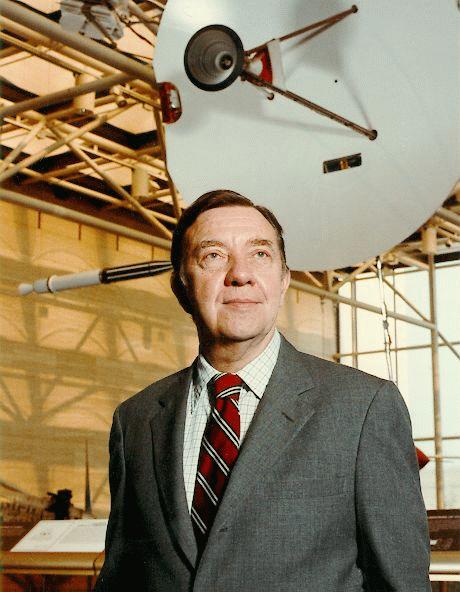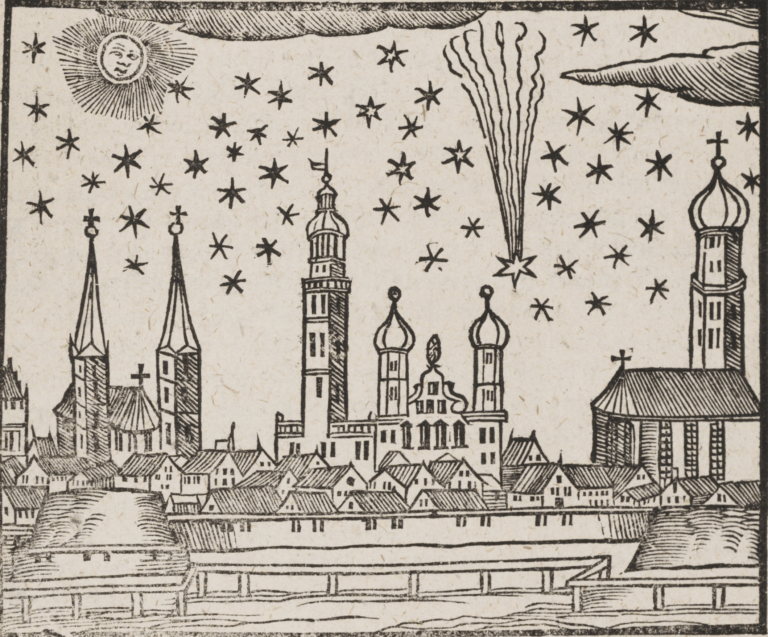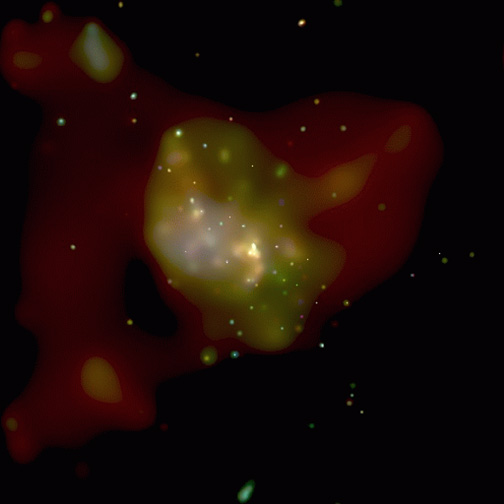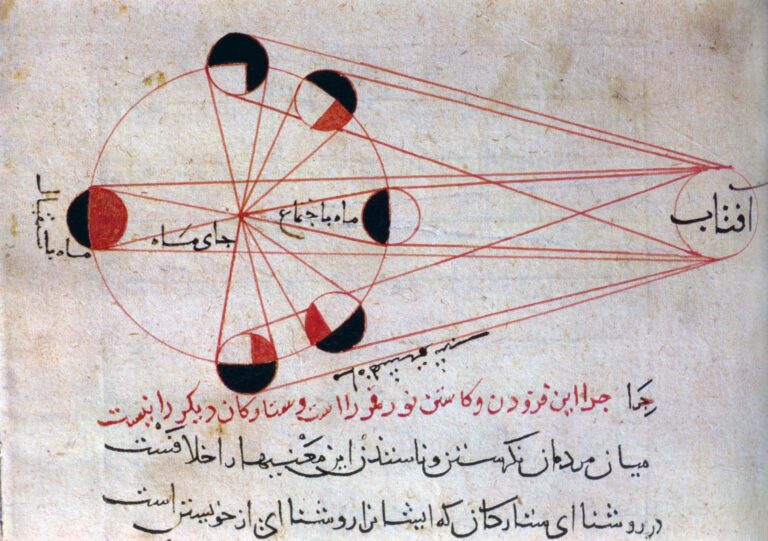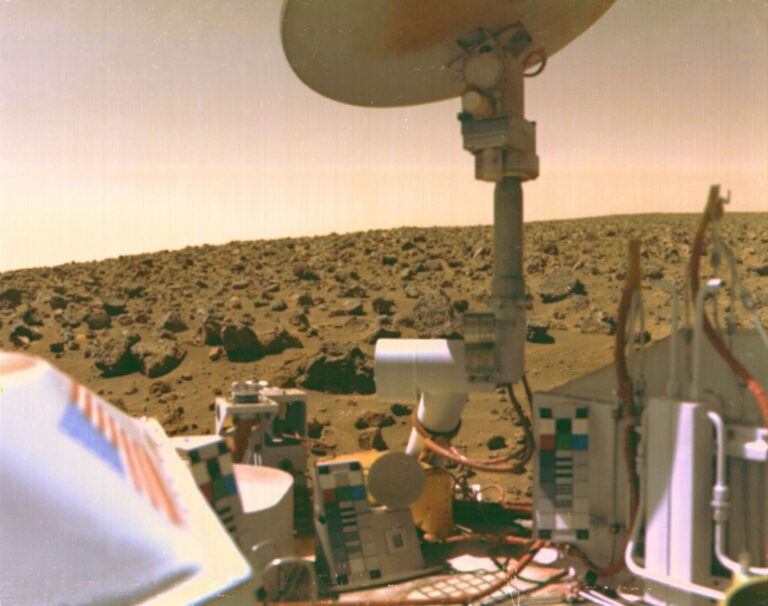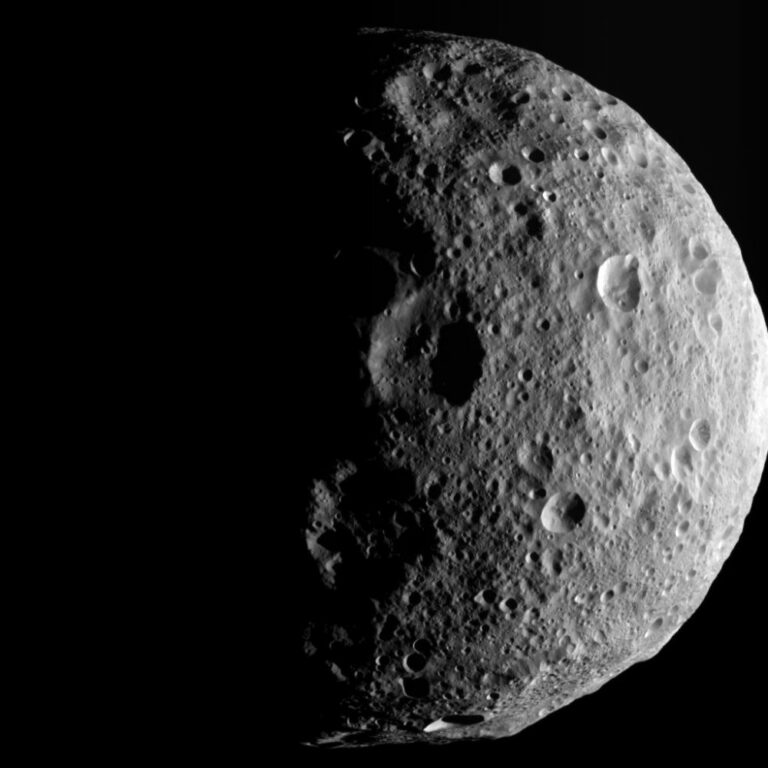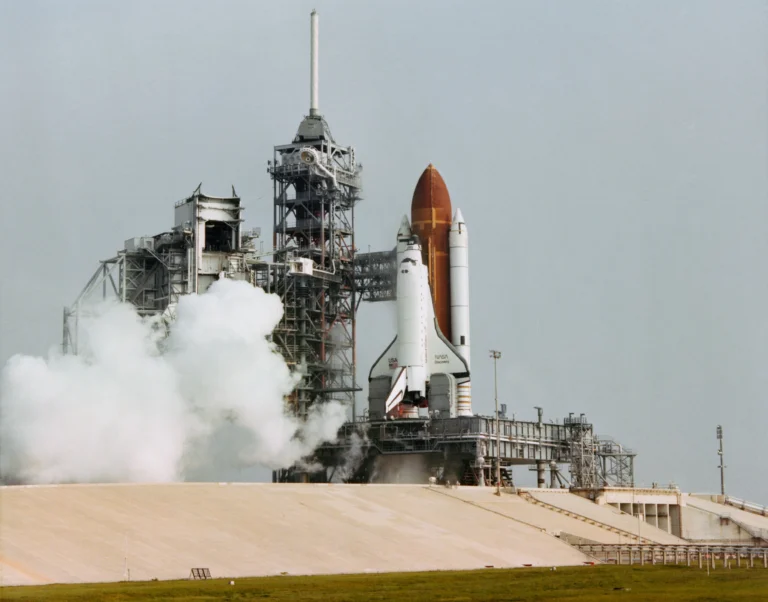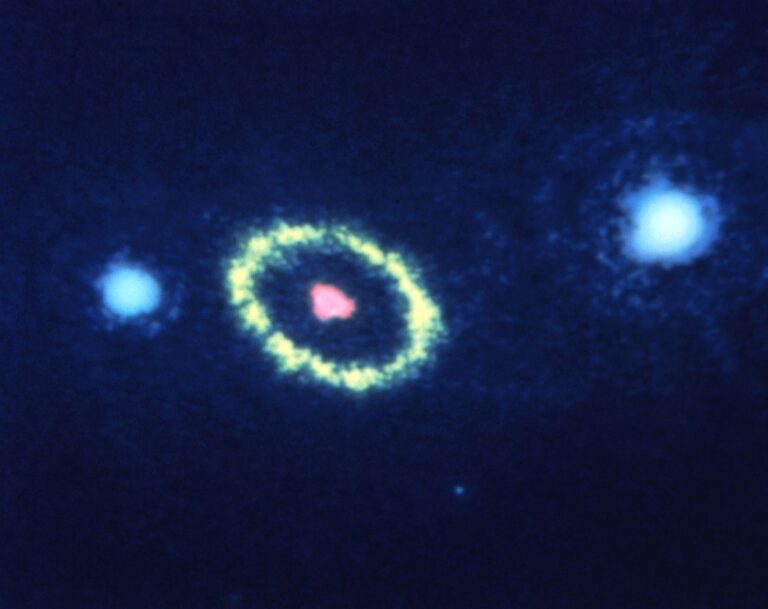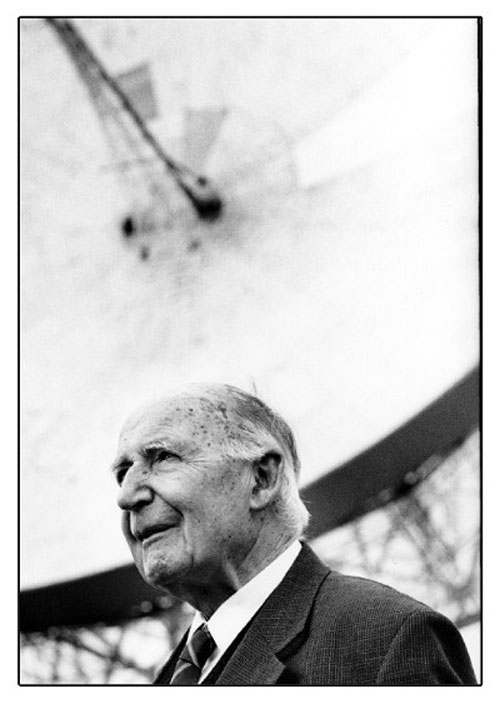
Key Takeaways:
- Alfred Charles Bernard Lovell, born August 31, 1913, pursued a career in physics, completing his PhD in 1936.
- Following WWII, Lovell utilized surplus radar equipment to establish a radio astronomy observatory at Jodrell Bank in 1945, overcoming initial challenges.
- Lovell oversaw the construction of the 76m Mark 1 radio telescope, completed in 1957, which achieved international prominence tracking Sputnik 1.
- Lovell served as Jodrell Bank's director until 1981, and the observatory's main telescope was renamed the Lovell Telescope in 1987.
On Aug. 31, 1913, Alfred Charles Bernard Lovell was born in England. When he was 15, a school trip to hear a lecture on electricity prompted a keen interest in science and math, and Lovell would go on to study physics at Bristol University. He graduated with honors in 1934 and finished his Ph.D. only two years later; a position researching cosmic rays at the University of Manchester followed. After World War II, Lovell was eager to see if radar, newly popularized by the war, could be used to study cosmic rays, but attempts to work at his university laboratory were disrupted by radio frequency interference. In 1945, Lovell set up his WWII-surplus equipment at Jodrell Bank, a plot of country land about 25 miles (40 kilometers) to the south used by the university’s botany department. He quickly realized he would need bigger antennas, and construction on a new telescope began in 1950. The resulting 76m Mark 1 radio telescope was the largest steerable dish telescope in the world when it saw first light on Aug. 2, 1957. Though its construction had been dogged by labor disputes, public pushback, and spiraling debt, the telescope gained international recognition only two months later, when it was the only instrument able to track Sputnik 1. Jodrell Bank would go on to serve an important role in the Cold War, as it was the only system in the U.K. that could track long-range missiles. Lovell stayed on as the director of the observatory until 1981, when he retired; he passed away in 2012. In 1987, the telescope at Jodrell Bank was renamed the Lovell Telescope in his honor.

